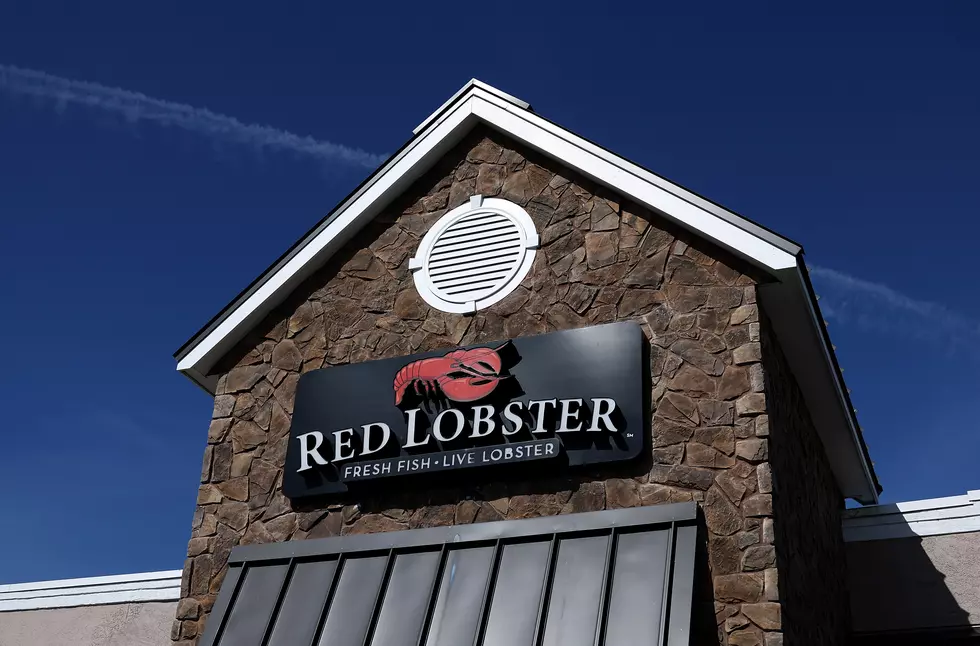
Michigan Denies Medical Marijuana for Autism
Michigan’s medical marijuana program has taken another hit. Earlier last week, a proposal that would have allowed medicinal cannabis to be used to treat patients with autism was rejected by one of the state’s top regulatory officials.
Mike Zimmer with the Michigan Department of Licensing and Regulatory Affairs, told parents with autistic children on Thursday that he would not approve the use of medical marijuana for this condition.
In his decision, Zimmer said that he believed allowing this condition to be treated with cannabis would be more of a detriment to children than it would do any good. His stance on the issue is rooted in testimony provided by Dr. Harry Chugani, chief of pediatric neurology at Children's Hospital of Michigan, who said "the vast majority of kids with autism do not need pot, and I won't sign for it." Chungani believes that medical marijuana should only be provided for those autistic kids who suffer from “very bad behaviors, aggression” and “meltdowns.”
As with most state decisions regarding medical marijuana, Zimmer said there wasn’t enough research to prove that cannabis is an effective treatment for autism – a condition that affects some 3 million people across the nation.
Also, Zimmer is concerned that by allowing children to be treated for Autism, parents will be inclined to break the state’s no-edibles law instead of forcing their kids to smoke pot. Of course, in reasonable states, children who take non-intoxicating forms of cannabis are administered orally with the use of oil. Michigan and Montana are the only two states that demand medical marijuana be consumed through smoking.
More From Banana 101.5









